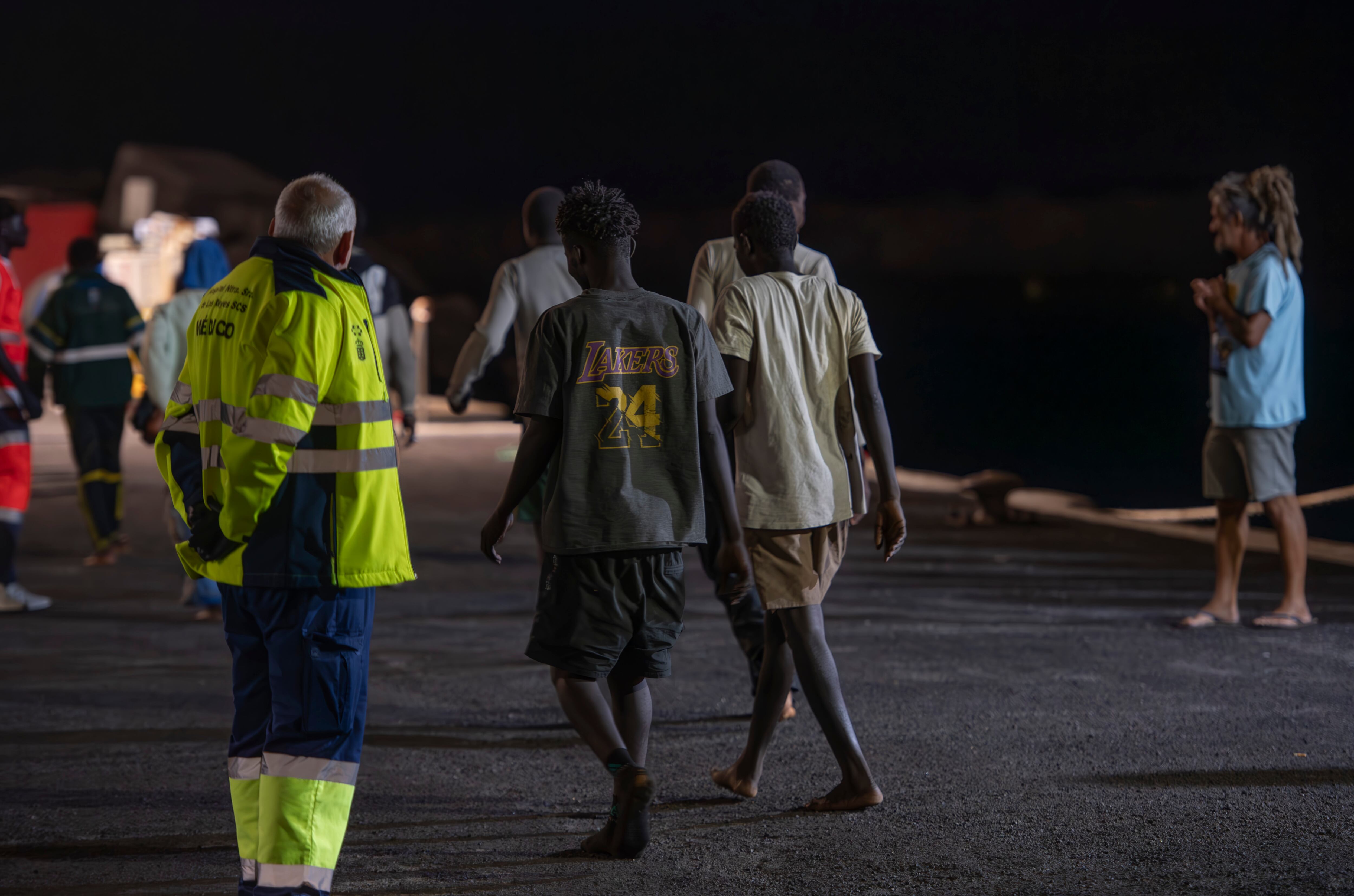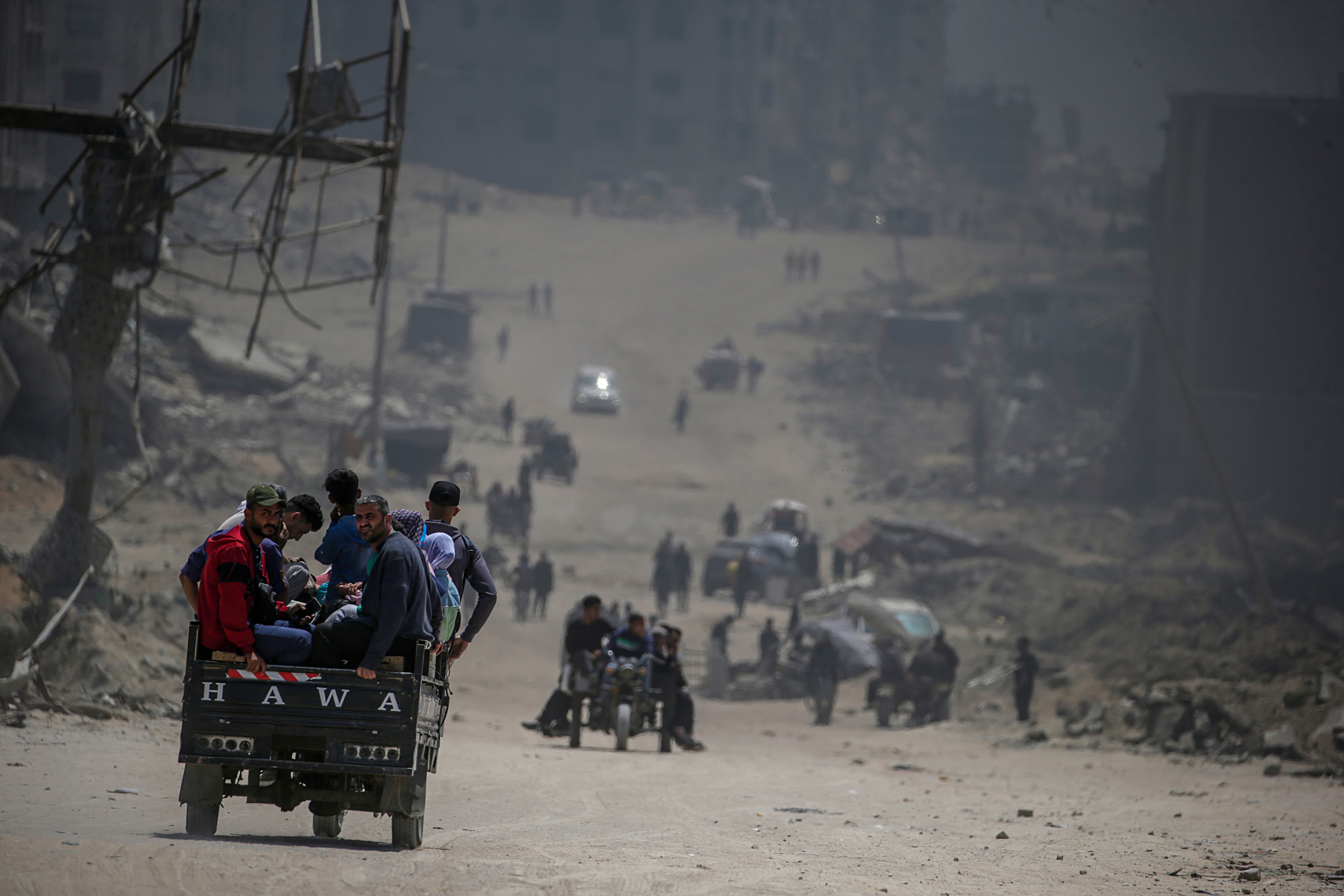The defender warns that the new Foreigner Regulation will harm unaccompanied minors | Spain

In just four days, on May 20, it will enter into force The new Foreigner Regulation that the Government approved in November last year and that it changes some rules of the game for immigration. The new standard facilitates many procedures for the regularization of immigrants, although it also complicates the situation of some groups, including asylum seekers. But so far it has been a profile for another key issue included in the standard: the situation of The minors and young people who emigrated alone to Spain. Thousands of them will suddenly see how the requirements to achieve their residence and work authorizations harden. This is warned by the Ombudsman in his latest report, a monograph on unaccompanied foreign minors presented this Friday at Congress. The case of this group is paradigmatic because one of the latest changes in these regulations was precisely to facilitate the procedures to this group, with results that the Minister of Migration itself, Elma Saiz, has celebrated.
The regulation is right now on the table of the Supreme Court, appealed by almost a dozen of the most important organizations to defense the rights of migrants. Asylum seekers to those who denounce their application and young migrants are the greatest concern. Beyond the judicial route, Migrations has recognized that it seeks formulas to cushion the damages that the rule can bring for those who aspired to regularize through asylum, but not for young and extined young people. Against the criteria of specialized lawyers, And now of the Ombudsmanthe Ministry defends its reform for this group.
In Spain there is 17,452 young migrants between 16 and 23 years old (guardianship and extreme) who have a residence and work authorization, according to the figures that the Ministry of Inclusion, Social Security and Migrations published on April 1. It is an unpublished number and shows a 121% growth compared to June 2021, before the then Minister José Luis Escrivá approved the reform that more flexible the requirements to get them out of the irregularity that marked their stay in Spain. The impact of the measure is reflected in the affiliation to social security, because 59% of these young people are working, compared to the 27% prior to the reform. The affiliation rate of Spanish young people between 16 and 25 years is 27%.
Before the reform of Escrivá, the migrants who arrived alone faced with two recurring difficulties: on the one hand, the permission to work was an extraordinary concession and, on the other, they fell into irregularity as dominoes when they turned 18. The change allowed all children under 16 and 17 to obtain residence permits and work almost automatically. And for those who completed the 18 – and until the age of 23 -, the requirements to regularize themselves were flexible.
But the first change that the new Foreigner Regulation brings is that the administrative silence (when it is not answered within a period provided by law) will now be considered negative, so that all requests that the foreigner offices do not resolve within the narrow period of one month will be dismissed. In the case of minors, this modification is itself contradictory because it assumes that all files stuck in the foreigners will be denied if they are not resolved in the deadline, although the administration itself is obliged to document them by law. An example of the impact of this change can be foreseen in the Canary Islandswhere last year it closed with 3,000 unresolved files. This is one of the issues mentioned by the defender in his report and that most worries several of the NGOs that challenged the regulationsuch as the Barrios coordinator, the Human Rights Association of Spain (APDHE) and Red Foreign Affairs.
The Migration Ministry defends a different interpretation. In response to El País, he argues that the negative silence was already stipulated both in the Foreigner Law and in the current regulations, only not explicitly for the requests of the minors. In fact, the ministry adds, the requirement to explain it is due to the fact that the opinion of the State Council arranged when reviewing the text.
Another of the issues that cause concern, as they have explained to El País legal sources specialized in minors legislation, is that the regulation returns to unasumable requirements for minors who reach the age of majority and want to renew their authorizations of residence and work. The standard now establishes that, to achieve this, the young migrant may submit a employment contract that guarantees at least the minimum wage in proportion to the working day, which will not be less than 20 hours. « This new mention can be interpreted in the sense that the income from a job must gather the same requirements as those required to adults, » warns the defender. Also the Ministry of Migration itself, in an April document this year, stated that in most cases it was very difficult for these young migrants They fulfill that requirement due to the difficulties in obtaining a job without having training or experience.
Another modification that question organizations such as Raíces Foundation, which has been working with migrants for 25 years, is the one that affects minors who reach 18 years without papers and spend years on the margins without being able to regularize. The previous change gave them a margin to do it until the age of 23, but the new standard will limit it to 20, but in an exceptional way and with a report from the community or the City Council that certifies why I had not requested it before. « This report is going to be very difficult to get for extined young people who stay on the street, » says roots. In addition, it is not recognized that if these young people fulfill the 18 and leave the welcome centers without documenting, it is often due to the fact that the community that has attended them has not processed their authorizations or that the foreigner offices have not done so ex officio as they correspond to them.
Migrations also defends this modification and ensures that setting the deadline for young people to ask for their roles « has been to help them, not vice versa. » The Ministry argues that this was a request from Navarra and the Basque Country, which were encountering young people without document. « The 20 -year limit is to ensure that all these people can be documented as soon as possible to favor their inclusion and integration in our country, » he says. « It is not explained why it is better to stay without papers with 20 and not with 23 ″, they question legal sources.
Finally, the Ombudsman points out another issue: that the obstacles that adult asylum seekers will also affect minors will also affect. The entry into force of the new access requirements for the roots for international protection applicants could lead to irregularity surveyed to thousands of minors, « he concludes.







